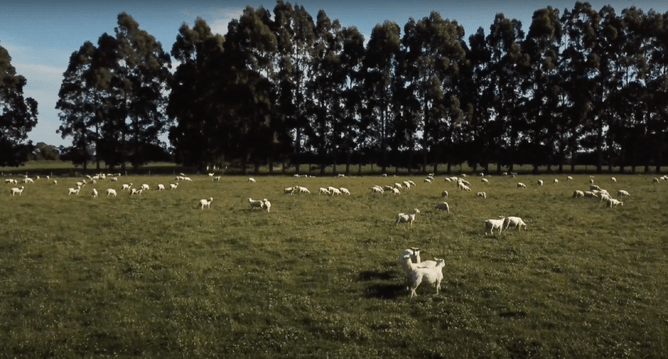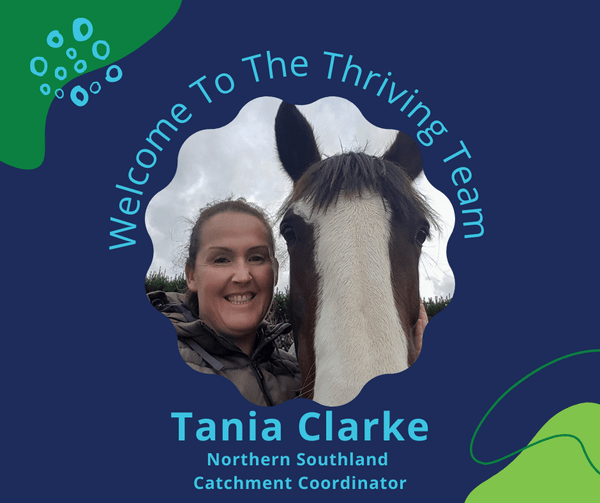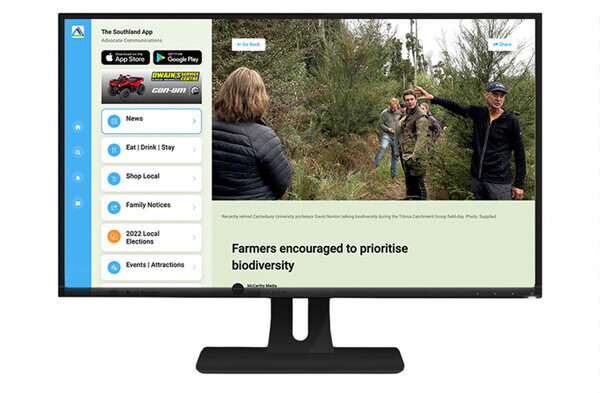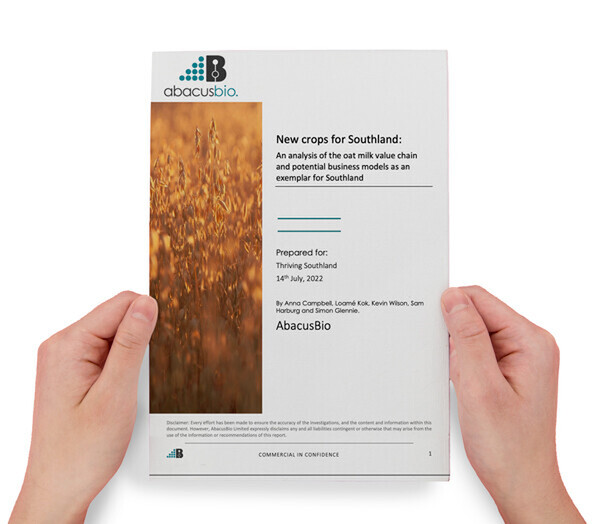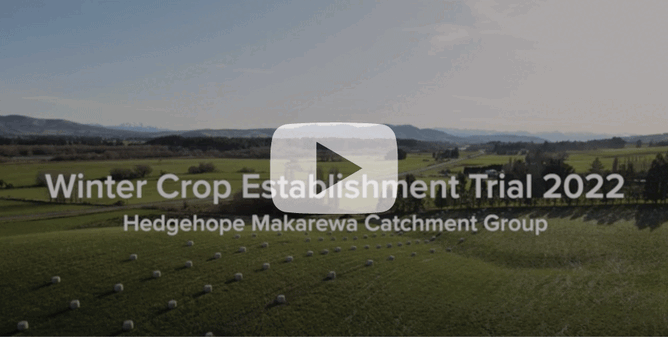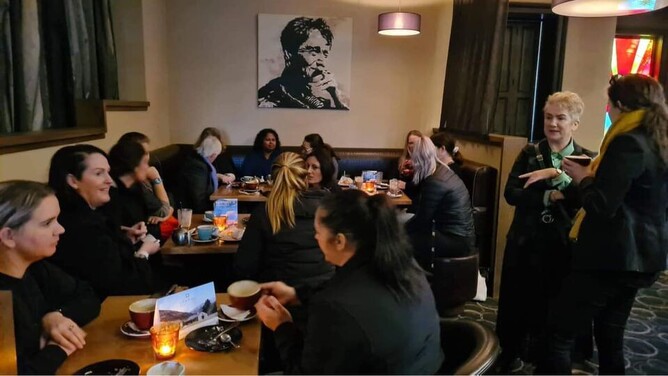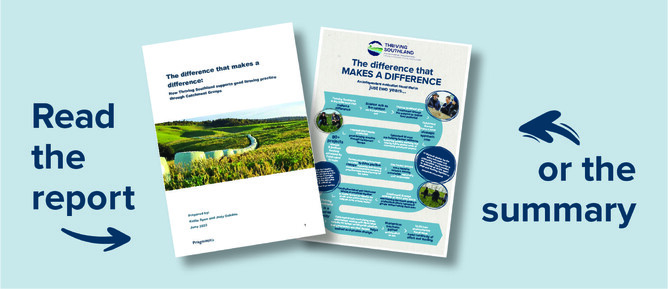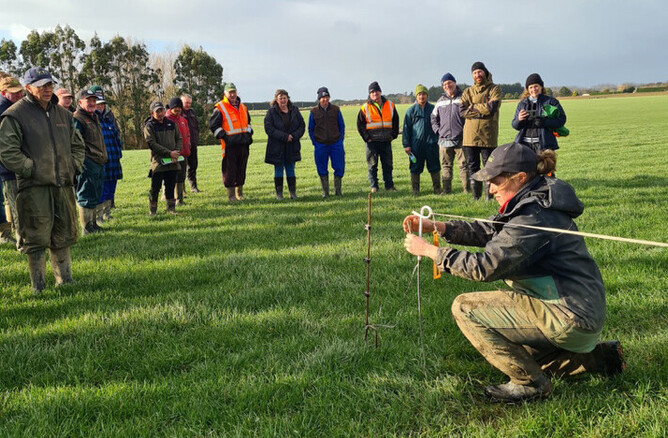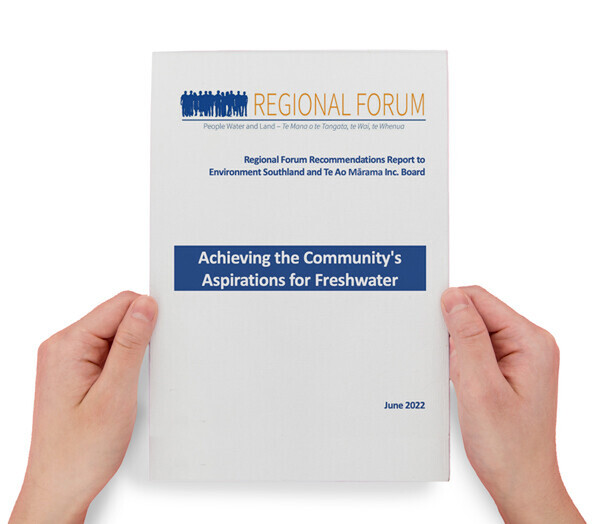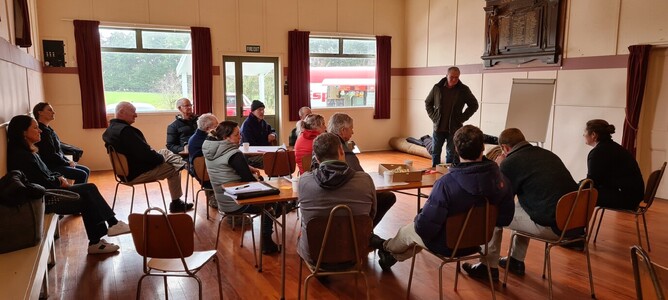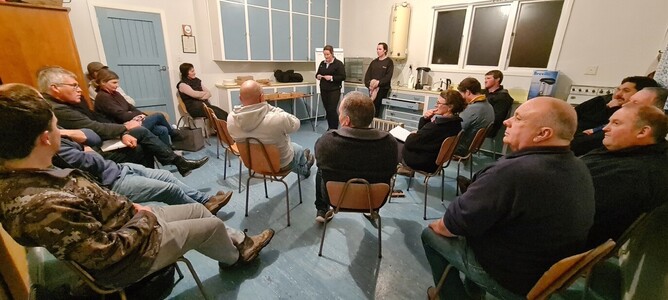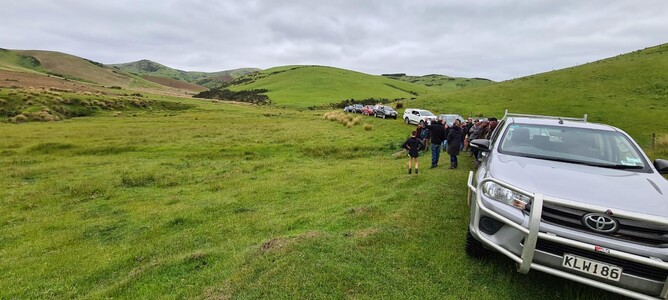Welcome to our September newsletter! (yes we can hardly believe it’s September either!)
Hopefully calving and lambing is going well and everyone is enjoying the days lengthening out.
This newsletter is full of some great information about what Catchment Groups are up to. The fact that communities are coming together and creating positive change has been noticed by the government and other stakeholders.
I am continually being told by others who see what Catchment Groups and Thriving Southland are achieving (with the support of community and stakeholders to keep doing what we’re doing because they are seeing great engagement across our communities. This is just showing what well-supported communities can do.
This newsletter is packed with great information about projects that are being delivered by our Catchment Groups. Enjoy reading!
Welcome aboard Tania!
With the number for Catchment Groups growing, so too is Thriving Southland! Meet Tania Clarke, our new addition to the Thriving Family, and will be looking after Catchment Groups in Northern Southland.
Tania's a proud Southlander, growing up on a deer farm near Balfour. She spent her younger years studying and working in art gallery management before returning to Southland to farm alongside her husband Alan. They grow grain, farm deer and run an agricultural contracting business during the warmer months.
Tania has a real passion for rural life in the deep South and believes there is no better place to live and raise a family.
Southland Catchment Groups in the News
As word spreads about the amazing work being done by Southland Catchment Groups there’s more and more headlines — so we’ve created an In The Media page on the Thriving Southland website where you can check out all the stories about events, projects and personalities - read more here.
Check out the Aparima Community Environment’s YouTube page
Have you checked out ACE's YouTube Channel? It now features a virtual stream walk thanks to the Mid Aparima Catchment group. This video is a really informative way to get a better understanding as to how you might access your stream health and get to know what’s in your waterways.
Grab a cuppa and check it out here.
Milk Oats Evaluation – Next Generation Farm System
We have recently released a report that explored alternative land uses, starting as oat growing for oat milk. The Report looked into the full effects of a system change including assessing the whole farm system requirements, the commercial opportunities and risks, and impacts of changing (in part) land use on properties to support the increased production of oat for oat milk processing.
You can read the full report, or the summary here. Modelling data is also available on request.
Alternative crop establishment methods for better winter outcomes
You will have seen in previous newsletters, articles about a cross-sector pilot study, run by the Hedgehope Makarewa Catchment Group and funded by Thriving Southland. The research trial was designed to understand how different variables affect various stock classes / livestock grazing behaviour and soil surface conditions, with an aim to protect soils from degradation, and minimize the runoff from grazed crop paddocks.
There were some exciting outcomes, which you can view here. You can also check out this fantastic video that the project team created about the project.
Thanks to the Hedgehope Makarewa Catchment Group, DairyNZ, Southern Dairy Hub, the ten farmers who volunteered their farms be part of the trial and the many many volunteers who supported the data collection. This really was a team effort!
Southern Women NZ
With support from Thriving Southland, a fantastic team of women, originating from the Thriving Southland Women’s Environmental Series, came together with a vision to build relationships, create connections, connect urban and rural, share, learn and inspire. To do this, they launched the Facebook Group Southern Women NZ and have, in a matter of weeks, reached over 3500 people, are liked and followed by more than 1000 people and had over 2000 post engagements.
They’ve held their first ‘connecter’ event in July – so keep an eye on their Facebook page for the next one. It’s a great way of finding out what’s happening in the region and ways to connect with diverse and interesting people.
Independent report (Pragmatica) finds Southland doing some great work
Thriving Southland ‘the difference that makes a difference'
Catchment Group numbers in Southland have doubled from 18 to 36 during the first two years of the Thriving Southland project — and an independent report released in August titled Thriving Southland ‘the difference that makes a difference’ has highlighted the progress we have made alongside Catchment Groups to date.
With more than 80 projects by Catchment Groups during the past two years, the report has shone a light on all the great work being done around the region.
The report shows Catchment Groups have been able to respond to localised environmental issues and make informed decisions that reflected their mutual needs and goals.
One of most pleasing findings was that the farmer-led model allowed Catchment Groups to operate at their own pace, with Thriving Southland there as a “backbone organisation” to support and facilitate in a hands-off way, enabling groups to become more professional, but not taking them over.
Farmers were “only just getting started and need continued support, and as the initiative has the hallmarks of being valuable, they (the report’s authors) recommend that funders continue to invest in it”.
It goes on to say Thriving Southland supports good farming practice through Catchment Groups sharing ideas, innovation and good practice within Southland, and giving Catchment Groups the support to realise their potential for their community. They identified that Catchment Groups were building farmer resilience, supporting positive wellbeing and helping build a greater sense of community and shared purpose.
A copy of the full report can be found at: https://www.thrivingsouthland.co.nz/resources/. This is really good to read, and reinforces that we’re doing the right stuff.
Catchment Group Profile - Lower Oreti Catchment Group
About the Group: The group started in mid-2021 and covers the lower reaches of the Oreti River catchment, from Spar Bush in the north down to Ferry Road in the South, and borders the Waimatuku catchment in the West and the Hedgehope-Makarewa catchment in the East.
Who’s involved: The dream is to have a diverse group of people from different backgrounds and land uses, with a passion for improving the environment and the health of the waterways found in the Lower Oreti area. Everyone is welcome.
Objectives: The Lower Oreti Catchment Group has been formed with the goal to help farmers and our local community:
- Better understand the challenges we face around balancing farm production with sustainable land use, and improvement of water quality and biodiversity
- Identify opportunities and drive farmer-led, grassroots action in our local area
- Respond to changing environmental policies and shifting consumer behaviours.
Projects and events completed/planned
- Our first event was a Wintering Field Day, where over 50 people visited two farms with different wintering systems
- The group also took part in a nationwide eDNA (environmental DNA) water quality monitoring programme Future projects and events
- Know your catchment – issues and actions
- Wetlands and sediment traps workshop
- Understand stream health and water quality
- Farm Environmental Plan assistance
- Riparian planting assistance
- Wintering system trials
- Pest management and trapping programme
RECENT EVENTS
Regional Forum Update with Mid Oreti Catchment Group in Winton
Thanks to Fiona Smith and Phil Morrison from the Southland Regional Forum who spoke to the Mid Oreti Catchment Group about their report to Environment Southland.
There are 116 recommendations under 13 subsections - hot tip Appendix C of the report has these all in a few pages so if you have five mins have a look there.
There were some great discussions and key take-homes included that modelling shows wetlands are one of the most effective tools to reduce contaminant loading and we will be thinking outside the square to come up with ways to work as a community rather than on a per farm basis.
Forming a community catchment group - Knapdale and Wendon Catchment Groups
Knapdale Catchment Group
Both the Knapdale and Wendon Catchment Groups got off to a great start in late July with their first meetings.
Lynden Prebble joined the Knapdale Catchment Group for a luncheon and a delicious coffee (thanks Rural Support!). Lynden gave some insight into how the Greater Dipton Catchment Group got started, ideas were shared and a BBQ and catch up are now pencilled in for October, so be sure to keep an eye out for info around this.
Wendon Catchment Group
The lovely Rosie Forbes joined the Wendon Catchment Group in the local hall for a cuppa and supper, and to talk about Catchment Groups, and the value they have in farming communities. The Group also discussed the catchment’s challenges, speaker opportunities around understanding existing data, and some of the ideas they would like to focus on. The Wendon Group is also planning a catch up in early October, so if you are interested in coming along please get in touch.
Ardlussa Catchment Group gets together
Ardlussa Catchment Group had a great supper and cuppa catchup in August. The group invited Fiona Smith, Environment Manager and Ainsley Adams Environmental Field Officer from AB Lime to share their knowledge around stream health indicators and the challenges, successes, and learnings from their involvement in the Mid Oreti Catchment group. A good discussion followed and it was decided that growing and planting natives is high on the priority list for Ardlussa Catchment Group. A farm tour, workshop and social BBQ catchup is pencilled in for early December, so be sure to keep an eye out for info around this.
UPCOMING EVENTS
No events are planned at this stage - keep an eye on the events calendar on the website here
Have a great September,
Ngā mihi
Richard Kyte (Thriving Southland Project Lead) and the Thriving Southland Team
